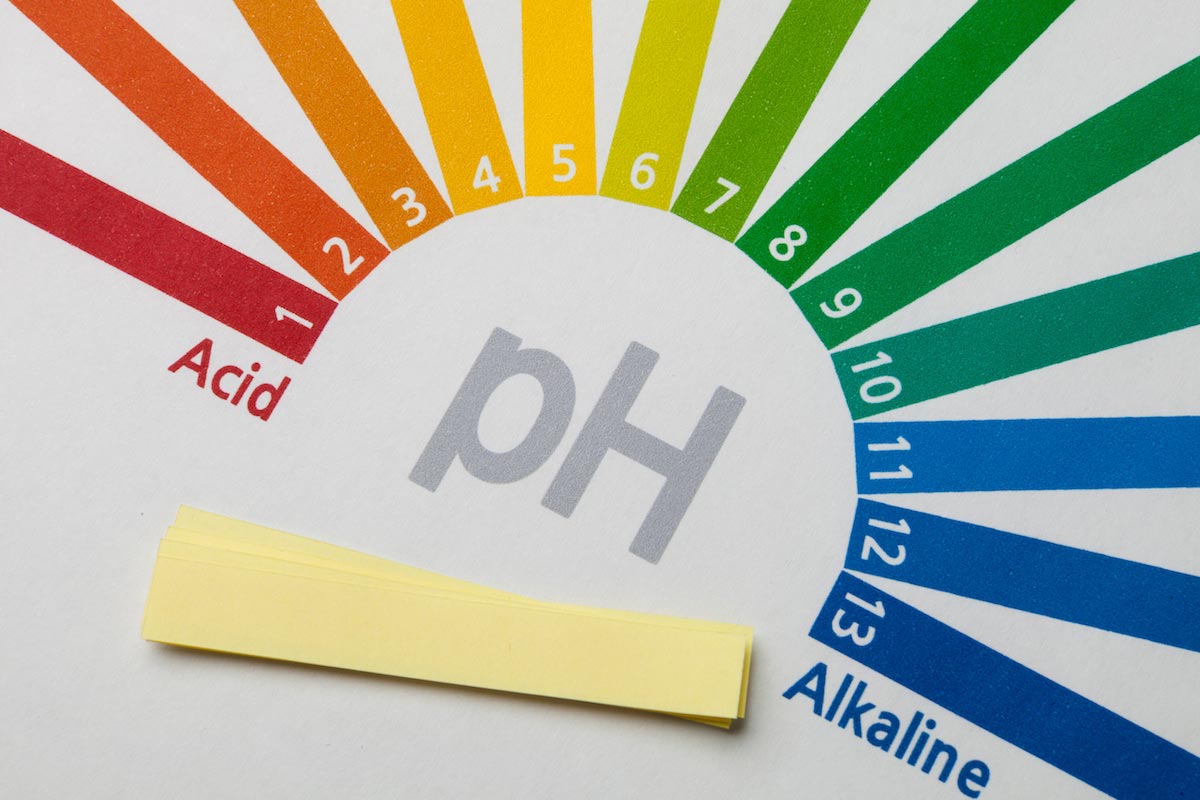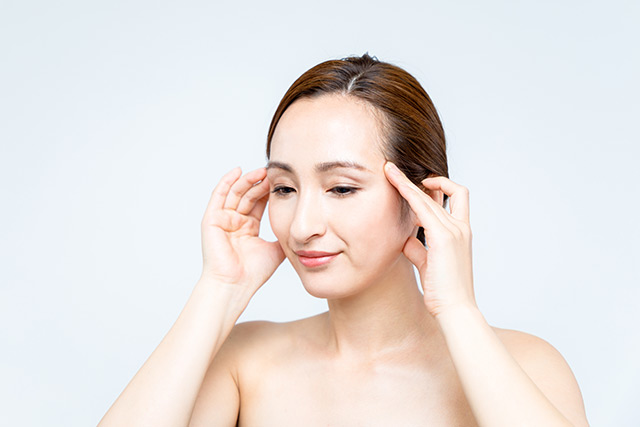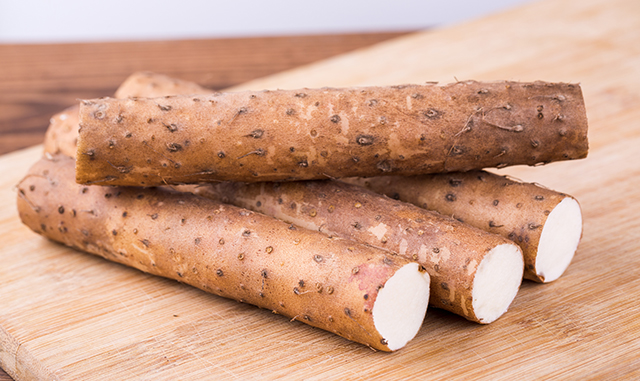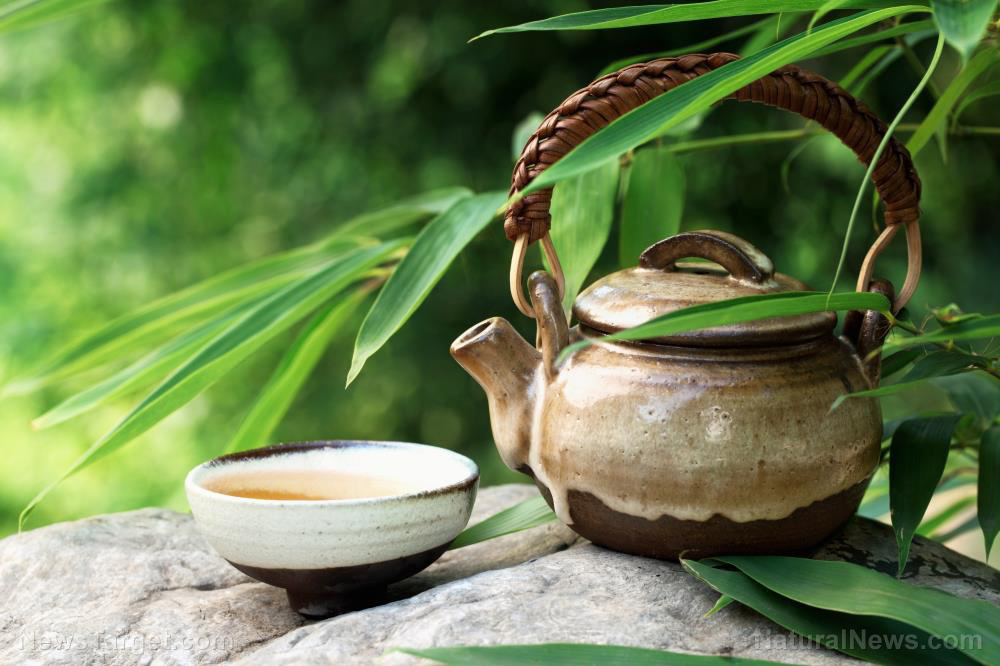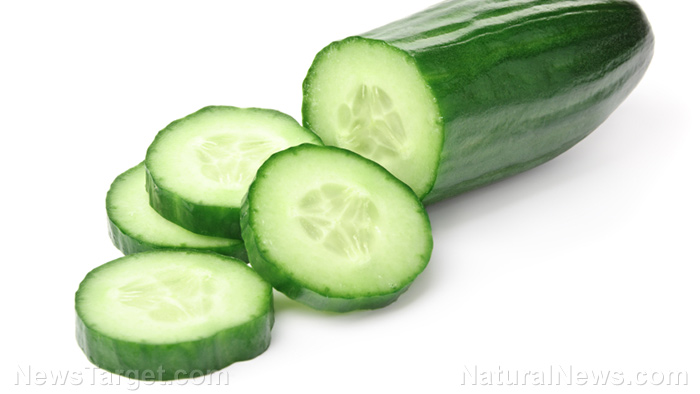A natural cure for dandruff
02/14/2019 / By Ralph Flores
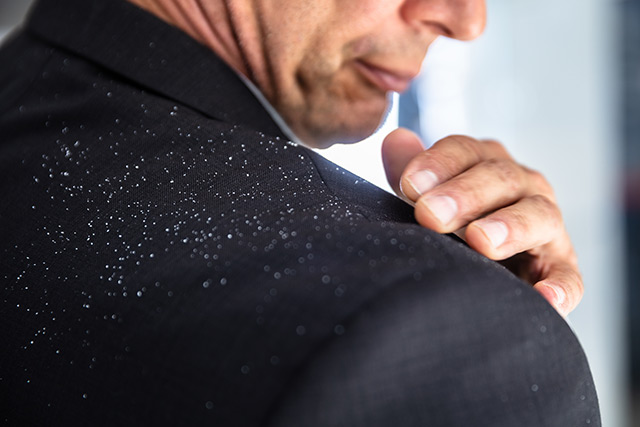
If the dark-colored shirt you’re wearing is dotted by tiny white flakes, especially on the shoulders — odds are, it’s dandruff.
The condition isn’t just embarrassing, it’s also common: At least one in five people in the U.S. have dandruff, especially during dry seasons like winter. While being caught with dandruff is the last thing you want to happen, it’s also important to understand the reasons behind your flaking scalp, especially since plenty of natural treatments are available to address this uncomfortable situation — no matter the cause.
Not really harmful – just embarrassing
For the most part, dandruff isn’t considered a harmful or contagious condition, despite it causing awkward situations. It’s also unrelated to a person’s hygiene; however, not washing or brushing your hair can often increase the likelihood of flaking.
It’s still unclear how a person gets dandruff, but it’s known to occur during winter or other dry seasons. In particular, decreased humidity and the use of forced air can result in the scalp losing its moisture. This, as well as the use of shampoo and other styling products, as well as hair treatment procedures, can increase the likelihood of dandruff.
People who are affected by the condition might think that reaching for an anti-dandruff shampoo is the quickest fix, but this couldn’t be further from the truth. Most anti-dandruff shampoos contain zinc pyrithione — a powerful antibacterial and antifungal agent. While using it for the occasional dry scalp is bad enough, it can worsen the condition in some cases, especially if the ingredient triggers an allergic reaction.
Fortunately, a simple remedy in dandruff caused by dry scalp is treating your scalp to a weekly massage using warmed oil. The practice, which has its roots in Ayurveda, uses food-grade oils to nourish the scalp and condition hair from the roots up. If you’d like to take it further, add a few drops of your favorite essential oil for better relief from itching and even stress.
A natural remedy for chronic dandruff
Indeed, those tiny white flakes on our shoulders can be annoying to deal with, but some people are troubled with slightly larger — and chronic — forms of dandruff.
This form of flaking — commonly referred to as seborrheic dermatitis — mainly affects the scalp, but it can affect other oily areas of the body including the face, eyebrows, eyelids, and the chest. It’s less common than “regular” dandruff, as it only affects 3 million Americans each year.
Sufferers of seborrheic dermatitis have larger skin flakes than people with regular dandruff. In particular, the flakes are accompanied by patches of greasy skin that are covered with yellow or white scales, as well as crusting. Unlike seasonal dry skin, this form of dermatitis occurs all year-round and is made worse by warm, humid weather. Similarly, what causes seborrheic dermatitis is still unclear, but researchers have indicated that either an immune system irregularity or the presence of a fungus called Malassezia. The latter, in particular, is why most physicians recommend using antifungal treatments for the condition. (Related: Try cedarwood for dandruff, oily hair and skin problems.)
Unfortunately, antifungals are known to cause adverse effects once applied to the body; these can range from elevated estrogen levels to even liver toxicity. That said, a risk-free alternative exists in honey, an ingredient widely regarded for its antibacterial, antifungal, and antioxidant properties. In a study published in the European Journal of Medicine, researchers demonstrated the antifungal and antipruritic — that is, the ability to relieve itching — properties of honey using a clinical trial of patients suffering from chronic seborrheic dermatitis. The team found that those who applied raw honey topically had improved symptoms in as little as two weeks. As an added bonus, they also found that applying raw honey also improved hair loss symptoms in some patients.
The next time you see those flakes dotting your favorite dark-colored shirt, try these natural treatments and gain effective and safe relief.
Looking for more ways to treat pesky dandruff? Healing.news has the latest on natural treatments for dandruff and other scalp conditions.
Sources include:
Tagged Under: anti-dandruff shampoo, Antifungal, Ayurvedic treatment, dandruff, honey, natural cures, natural medicine, natural remedies, seborrheic dermatitis, warmed oil

